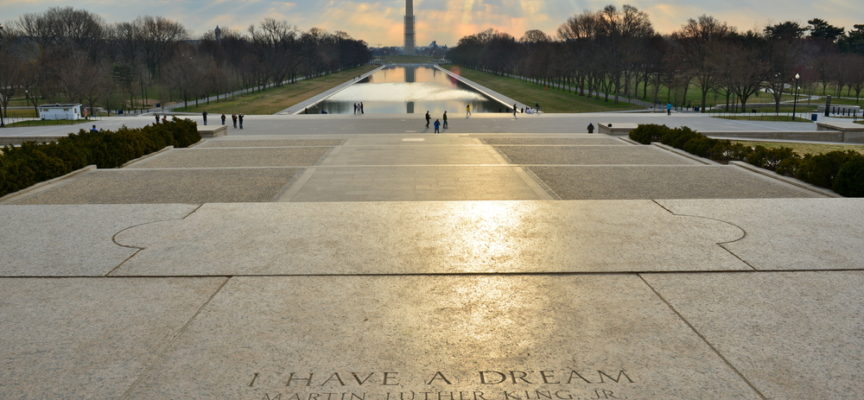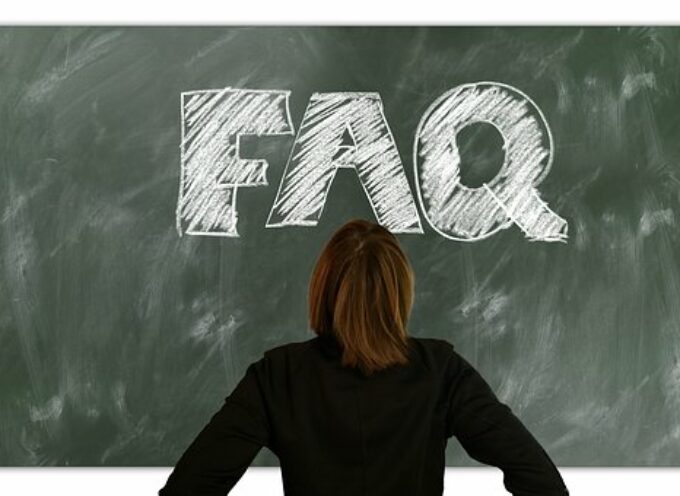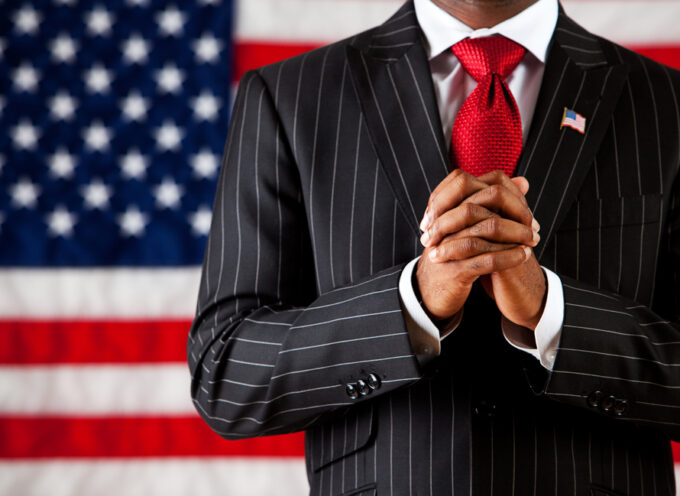In the beginning, God created the world as a magnificent unity-in-diversity (Gen 1). As the great theologian Abraham Kuyper noted, our world is characterized by an “infinite diversity” and an “inexhaustible profusion of variations.” He writes, “Where in God’s creation do you encounter life that does not display the unmistakable hallmark of life precisely in the multiplicity of its colors and dimensions, in the capriciousness of its ever-changing forms?” Created diversity finds its unity in Christ who created it, holds it together, and will one day reconcile it (Col 1:17).
After the Fall, unity gave way to disunity, but God sent his Son to tear down the barriers that divide humanity (Gal 3:28) so that one day we can worship him together on the new heavens and earth (Rev 5:9). On that day—when all tribes, tongues, peoples, and nations gather before him as a unified diversity—racism will be vanquished once and for all.
In recognition of the Bible’s teaching, therefore, and in memory of Martin Luther King, Jr., here are six books that have helped shaped my thinking about race and racism in America. I recommend them to white pastors, professors, and students who want to help achieve racial unity in the church and in our nation. The first three books relate directly to Martin Luther King, Jr., while the last three are general reading on race and racism.
I will describe each book and then rank its level of difficulty on a scale of 1-5, with 5 being the most difficult. Level 1 is the category for a book you could give to any friend or family member. Level 5 is the category for a book that might be required in a PhD seminar.
- James M. Washington, A Testament of Hope: The Essential Writings and Speeches of Martin Luther King, Jr. Through this edited collection of MLK’s sermons, speeches, essays, interviews, and autobiographical reflections, we are able to “hear” what MLK had to say about race, racism, nonviolence, social policy, integration, black nationalism, and the ethics of love and hope. This book should be read from stem to stern, even though it is 700+ pages. Level 1.
- Bryan Loritts, ed. Letters to a Birmingham Jail: A Response to the Words and Dreams of Dr. Martin Luther King, Jr. In this edited volume, respected Christian leaders such as John Perkins, Crawford Loritts, Soong-Chan Rah, John Piper, and Matt Chandler address the American church’s passivity about racial disunity. They argue that Christ’s crucifixion and resurrection empower us to bring about racial unity and racial justice. Level 3.
- J. Deotis Roberts, Bonhoeffer and King: Speaking the Truth to Power. Roberts, one of the architects of the Black Theology Movement, compares and contrasts the lives of Dietrich Bonhoeffer (who stood courageously against the Nazis and was eventually killed for doing so) and MLK (who stood courageously against white racism and was eventually killed for doing so). Level 3.
- Carl F. Ellis, Jr. Free at Last? The Gospel in the African-American Experience. Although Ellis wrote this book for African-American Christians, it is also a very helpful resource for white Christians because it helps us understand African-American history and culture from the perspective of a respected black leader and theologian. Level 2. For more resources from Dr. Ellis and his wife, Dr. Karen Ellis, click here.
- George Yancey, Beyond Racial Gridlock: Embracing Mutual Responsibility. Yancey is a friend of mine and a sociologist at the University of North Texas who specializes in race/ethnicity, biracial families, and anti-Christian hostility. This book exposes the flaws in the four major secular approaches to race and racism (Colorblindness, Anglo-conformity, Multiculturalism, White Responsibility) and proposes a new and distinctively Christian approach that Yancey calls the “mutual responsibility” model. Level 3. For more resources from Dr. Yancey, click here.
- John Perkins, Let Justice Roll Down. John Perkins should be recognized as a national hero for his work in racial reconciliation and community development. The blurb on the front cover of the book encapsulates the power and profundity of his life story: “His brother died in his arms, shot by a deputy marshal…he was beaten and tortured by the sheriff and State Police…but through it all he returned good for evil, love for hate, progress for prejudice and brought hope to black and white alike.” Level 1. For more resources from John Perkins, click here.
Subscribe
Never miss a post! Have all new posts delivered straight to your inbox.








“King Came Preaching” by Dr. Mervyn A. Warren is an excellent read as well. Grateful for you pointing so many to these other great books.